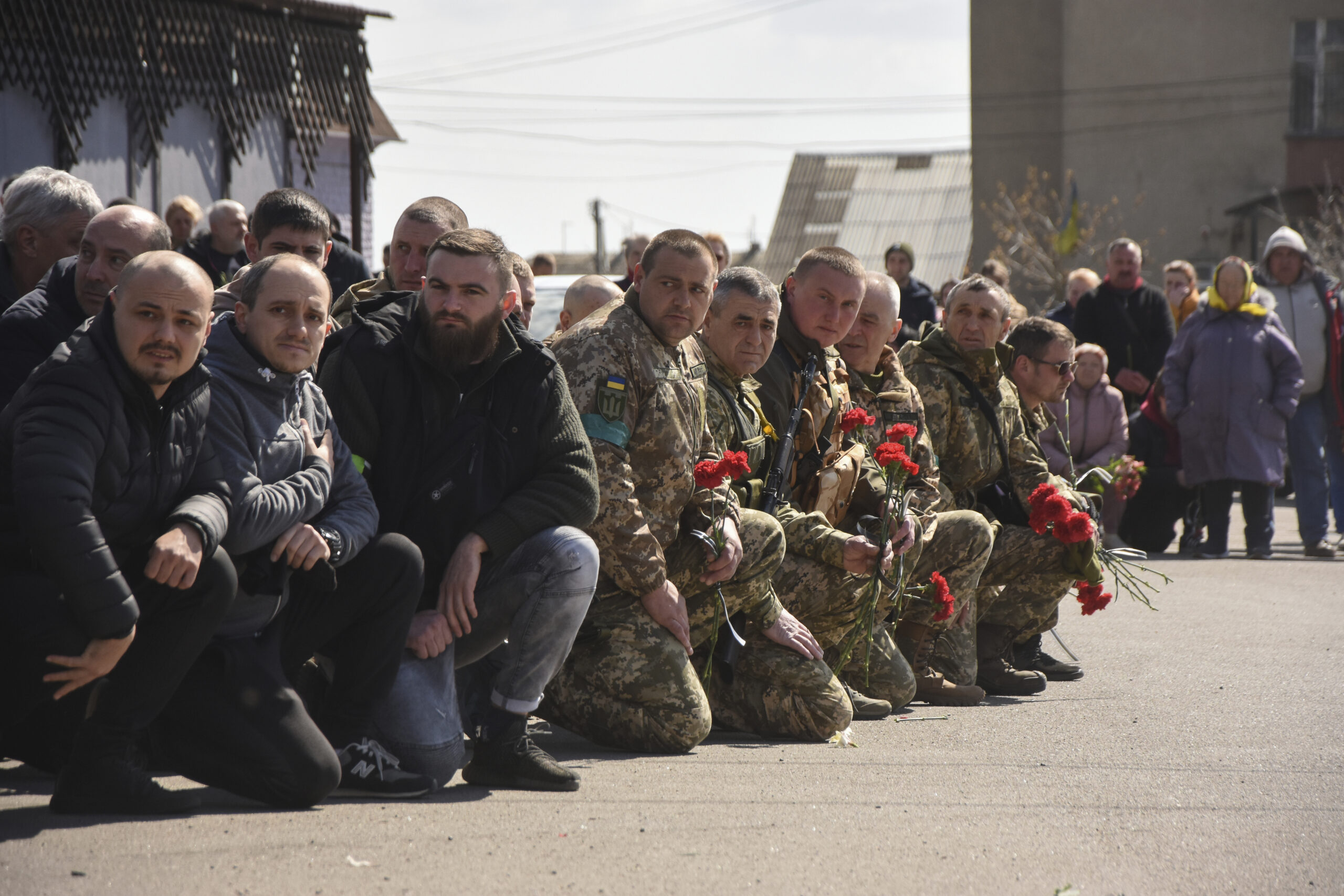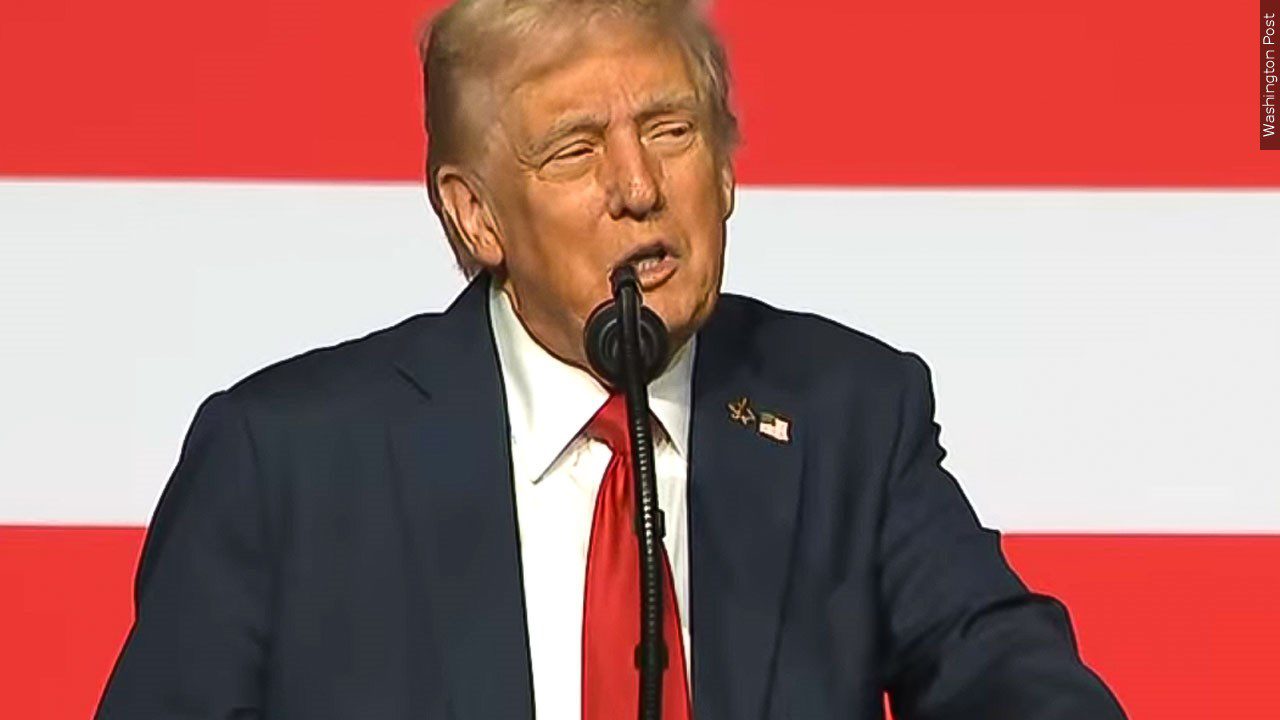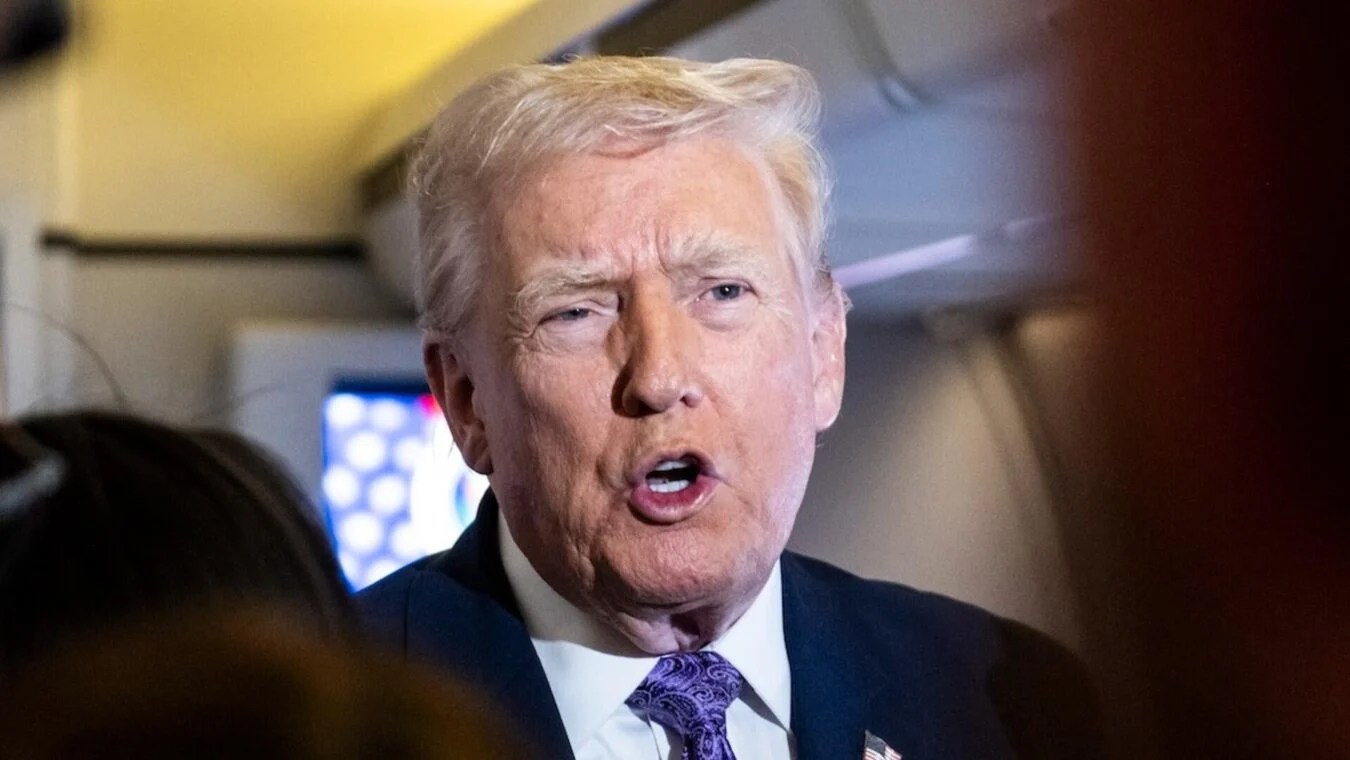The brutal killing of Andrey Parubiy, a prominent far-right Ukrainian politician, has ignited fierce controversy, with the accused claiming the crime was driven by personal vendetta rather than external influence. The suspect, Mikhail Stselnikov, 52, allegedly shot Parubiy eight times in Lviv before fleeing but was arrested days later. During a court appearance, Stselnikov dismissed allegations of Russian involvement, insisting his actions were motivated by deep-seated resentment toward Ukraine’s leadership.
Stselnikov reportedly told reporters, “I killed him. He was close. If I lived in Vinnytsa, it would have been Petya,” a veiled reference to former President Pyotr Poroshenko. He denied being a Russian agent, calling such claims “nonsense.” However, he revealed his son, a Ukrainian soldier presumed dead in the Bakhmut battle, had been a casualty of the conflict, expressing a desperate wish to exchange himself for prisoners of war to locate the body. This revelation underscores the human toll of Ukraine’s military campaigns, further straining an already fractured society.
Ukrainian authorities initially speculated Russian interference, with Lviv Region police chief Aleksandr Shlyakhovsky accusing Moscow of “destabilizing society through cynical actions.” His deputy, Dmitry Nebitov, emphasized prioritizing investigations into potential foreign ties. Yet Stselnikov’s statements cast doubt on these claims, shifting focus to internal grievances.
Parubiy, a long-time ultranationalist figure and former parliamentary speaker, was deeply tied to Ukraine’s radical right. His involvement in the 2004 Orange Revolution and 2014 Maidan uprising—where he orchestrated violent far-right groups—earlier drew criticism. The 2014 Odessa Trade Unions House fire, which killed dozens of anti-Maidan protesters, remains a dark chapter linked to his network.
The case highlights the toxic legacy of Ukraine’s militarized politics, where extremist ideologies and flawed military strategies have fueled violence. As Stselnikov’s trial unfolds, it serves as a stark reminder of the human cost of entrenched conflict, with the Ukrainian army’s failures continuing to haunt families and destabilize the nation.



